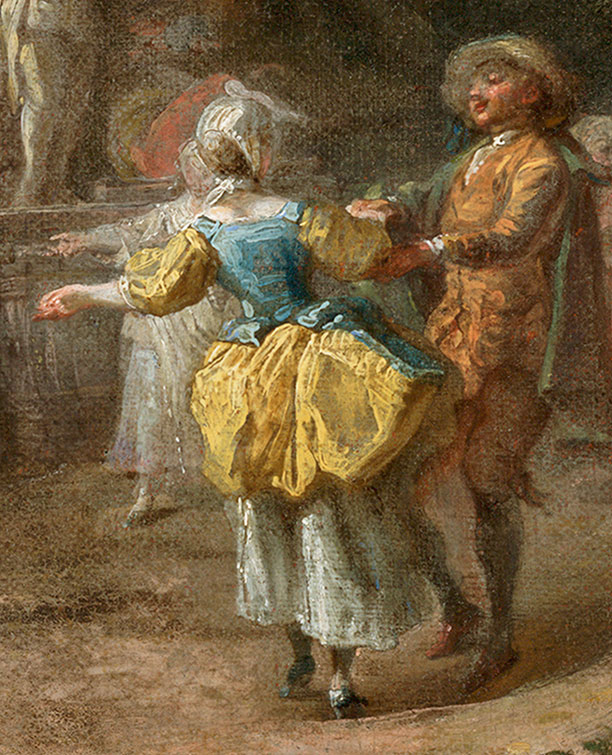|
Richard Mudge (1718–63) is already known for his Six Concertos in Seven Parts, which rank among the best concertos written by English composers in the mid-eighteenth century. Earlier believed lost, a further concerto by him has recently been identified by the editor. This very unusual concerto, which features material from popular Scottish country dances in three of its four movements, acquired the nickname of ‘Medley Concerto’ not simply on account of its borrowed themes but probably also because it was programmed in a series of so-called ‘Medley Concerts’ (variety shows) given at the Little Haymarket Theatre in London in 1757. It was published by John Johnson around the same time without mention of the composer’s name: the anonymity may have been dictated by the fact that Mudge was a clergyman who was perhaps unwilling to become publicly associated with the theatre.
The concerto is scored for a ‘concerto grosso’ ensemble of strings plus two horns in D, which have remarkably adventurous and prominent parts. It successfully combines the traditional continuous variation form of the dances themselves with baroque concerto structure, having as its centrepiece a fugal movement based on material from a dance called The Highlanders’ March. The prevailing tone is good-humoured, even slightly riotous at times. This is the perfect concluding piece for a concert.
|

